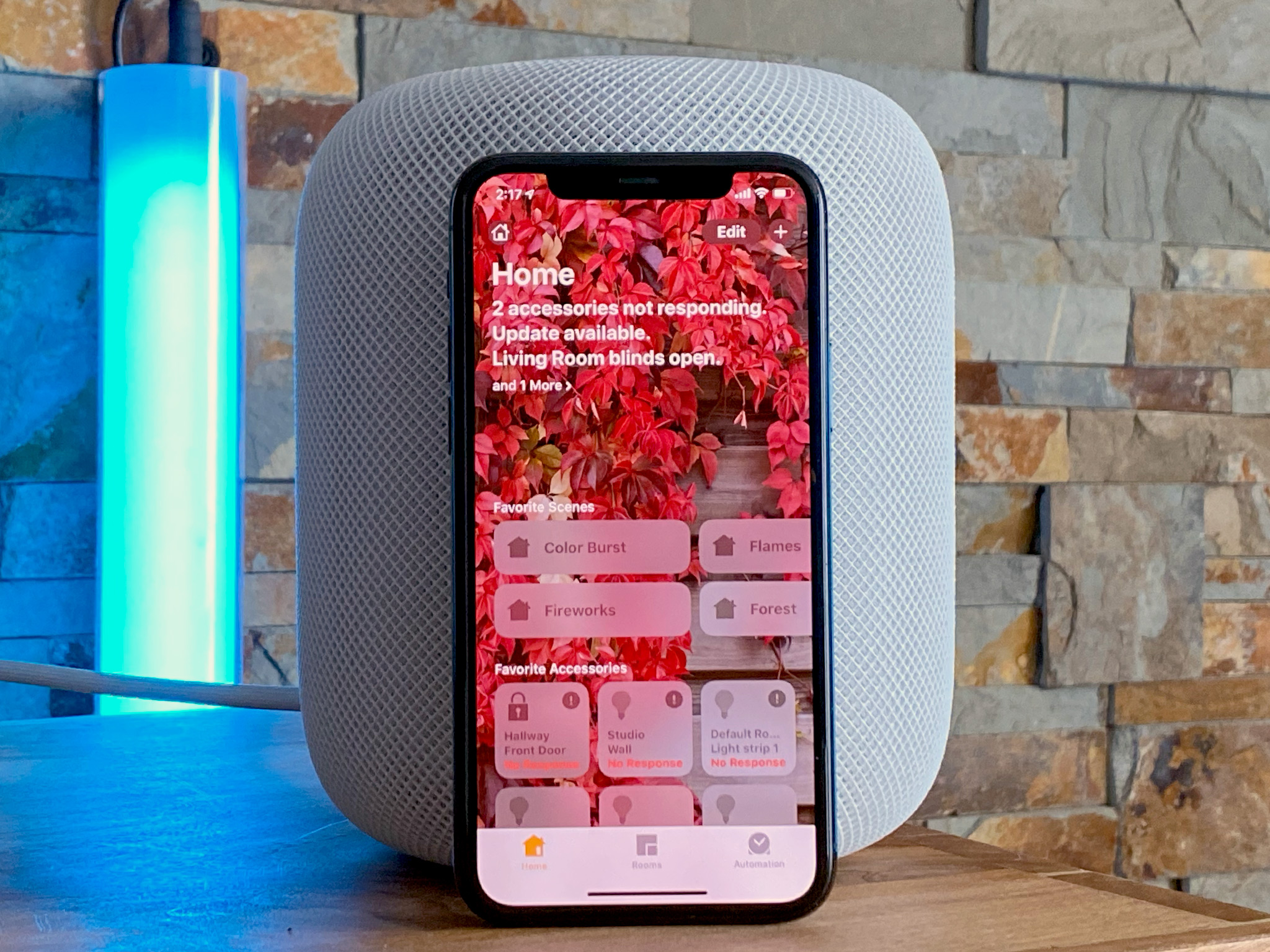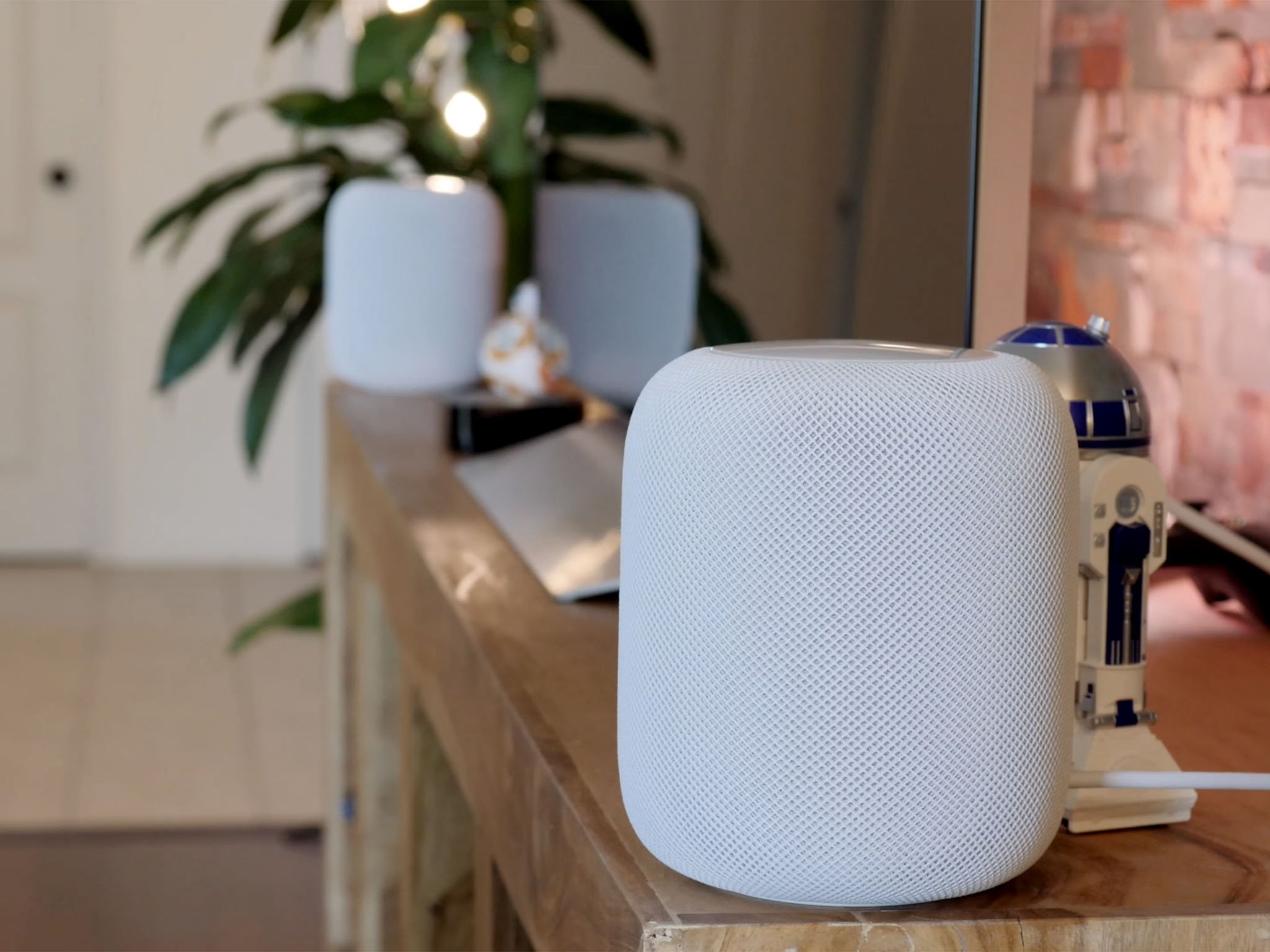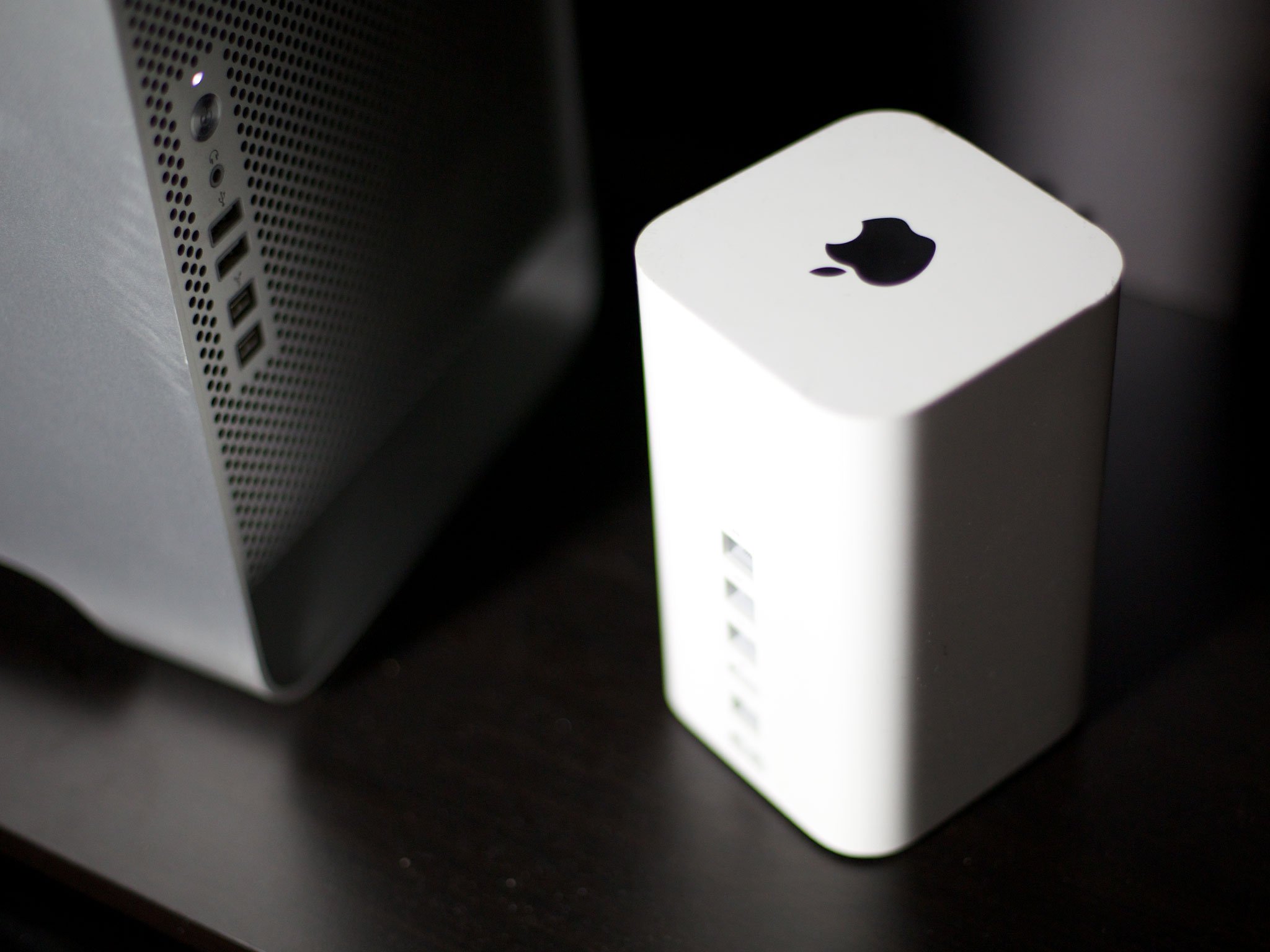Fixing Apple HomeKit for 2020

CES — formerly known as the consumer electronics show — is kicking off this week in Las Vegas. On display and behind closed doors will be everything every manufacturer and store thinks we're going to want to buy come the big holiday shopping season at the end of the year.
iMore, Windows Central, Android Central, Cord Cutters, MrMobile — all my colleagues are there covering it right now, so keep it locked to all their links-in-the-description for the best, worst, and just plain weirdest of the show.
Last year, I did a whole video on what I thought was going to be the coolest new HomeKit… kit of the year. But, some of the stuff I was most looking forward to still seems MIA. So, rather than rinse and repeat that this year, especially in light of some recent announcements, I figured I should step back and take a bigger, more pictured look at where HomeKit is and where I think it needs to be in 2020.
Consistency
I've mentioned this several times before on this channel and I'm going to keep mentioning it every chance I can get until it changes, because that's me, but HomeKit remains one of Apple's strangest brands to me. Because it's just the raw framework name. And it feels that way — raw, technical, almost sterile.

Siri isn't SiriKit, Music isn't MusicKit, Arcade isn't Core Arcade, and Messages isn't APNsend or whatever. But, for some reason, Home is still HomeKit.
But I'd so very much love to see the brand changed to Apple Home.
Clean, simple, friendly, and consistent.
Master your iPhone in minutes
iMore offers spot-on advice and guidance from our team of experts, with decades of Apple device experience to lean on. Learn more with iMore!
It sounds small, petty maybe, and certainly, Apple is way, way better at branding than I'll ever be. But every time I see the mark, the Kit just sticks out at me. And the only part that should stick out is the Home.
Compatibility
One of the most frustrating parts of HomeKit over the last few years is Apple's competitors, namely Google, Amazon, and Samsung, have gobbled up home accessory makers. Samsung got SmartThings, Google got Nest and Dropcam, Amazon got Ring and Blink and Eero. And as a result, some of the biggest ones, like Nest, their HomeKit support just somehow never got announced.
It's not really a surprise. Even Google, which loves to talk about openness, never really supports anything unless they're forced to. Just ask late, lamented Windows Phone users.
But, there's reason to be hopeful here now. Apple, along with Amazon, Google, Samsung, and others including Zigbee, even Ikea, have formed CHIP: The Connected Home over Internet Protocol project.
I'll believe it when I see Nest support HomeKit, of course, but if everything works out — and make no mistake, that's still a very big, huge if — in the nebulous future, any home accessory you buy will just work with Siri, Google Assistant, Alexa, and all the other systems.
And, if you have multiple assistants in your home, like an Android phone, an iPad, an Alexa, and a bunch of different hubs and speakers, every accessory will hopefully just work with all of them, so the pain is shifted off customers and onto the companies. You know, where it's supposed to be.
Control
Over the last few years, Apple's gone from hardware to software security for HomeKit, and now they're even open sourcing some of it as part of the CHIP alliance. But, even with all those back-ends changed, I'd argue Apple still has more work to do on the front end as well.
We all love to complain about how controlling Apple can be but the truth is, we complain even more about the stuff Apple leaves for other people to control. And, with HomeKit, they've still left way too much control in the hands of the accessory makers.
I'm sure there were reasons for it, but in the very beginning, there wasn't even a Home app. You had to control HomeKit through a variety of terrible accessory maker apps. Now, even though Apple has finally put out the Home app, the terrible accessory maker apps keep interfering.
I can't count the number of times the Hue app or some other accessory maker app has over-written and screwed up my Home settings. Currently, I can't even use my smart lock as a smart lock because the August app only shows and shares it once every month or so, if it feels like it. So, yeah, I'm left using keys. Like an animal. And the Hunter app has just never worked for me.
It's beyond time for Apple to just remove all Home management features from those terrible accessory maker apps and only allow setup changes from within the Home app.
I mean, I get it, the accessory makers want to keep control over what they consider to be their experiences. But they're just not good at experiences. They're good at making accessories. So, concentrate on that. Focus on that. Do that. And let Apple do what they're good at — the experience.
Maybe let the apps do cute stuff like special features on an accessory-by-accessory basis, but better still would be making them empty shells, like sticker or keyboard apps. You download them to add them to home, and so that you have to register a dumb account with them like every accessory maker really wants you to do, but then they stay out of your way and out of your Home setup.
For good.
Contraptions
I've done a whole video on this one, so I'll link it up below and keep the recap brief, but Apple has long believed that they need to own the key technologies in order to provide the best products. And I have, and will continue to argue, that Apple needs to own more of the home if they really want to provide the best experience there.

Sure, Apple's strategy of laser-focus means they have to be incredibly selective about the products they work on, and can only work on a few at a time, and they're just working their way out of an update hole where it comes to the Mac, and every blogger, podcaster, pundit, and YouTuber on the planet is more than happy to tell them how to spend all their money, thrice over, on a daily basis.
But…
I'm still going to say Apple needs to rethink ending the AirPort line of routers, and seriously consider pushing out their own versions of the other most security and privacy important accessories.
HomeKit secure routers and cameras are fine, great even. But, there are very few companies whose recent histories have given any consumer legitimate reason to trust them with our privacy and security at home. With the bits that leave our devices for the internet, and with the ones that are meant to keep us safe.
Apple has had their own share of screw-ups, absolutely, including with Siri grading just last year, but by virtue of their business model, even those screw-ups get taken care of quickly and have minimal damage radiuses compared to other companies that depend on our data for their business.
So, count me among the many who'd still love to see an Apple-made mesh router, security camera, door lock, and doorbell. None of which store any data on any server accessible by anyone else beyond us.
And, if Apple really, sincerely believes they just don't have the bandwidth, maybe form an offshoot company, like their Filemaker database subsidiary, or Beats headphone subsidiary, that just handles all that, but with Apple's values and policies firmly in place.

Rene Ritchie is one of the most respected Apple analysts in the business, reaching a combined audience of over 40 million readers a month. His YouTube channel, Vector, has over 90 thousand subscribers and 14 million views and his podcasts, including Debug, have been downloaded over 20 million times. He also regularly co-hosts MacBreak Weekly for the TWiT network and co-hosted CES Live! and Talk Mobile. Based in Montreal, Rene is a former director of product marketing, web developer, and graphic designer. He's authored several books and appeared on numerous television and radio segments to discuss Apple and the technology industry. When not working, he likes to cook, grapple, and spend time with his friends and family.
